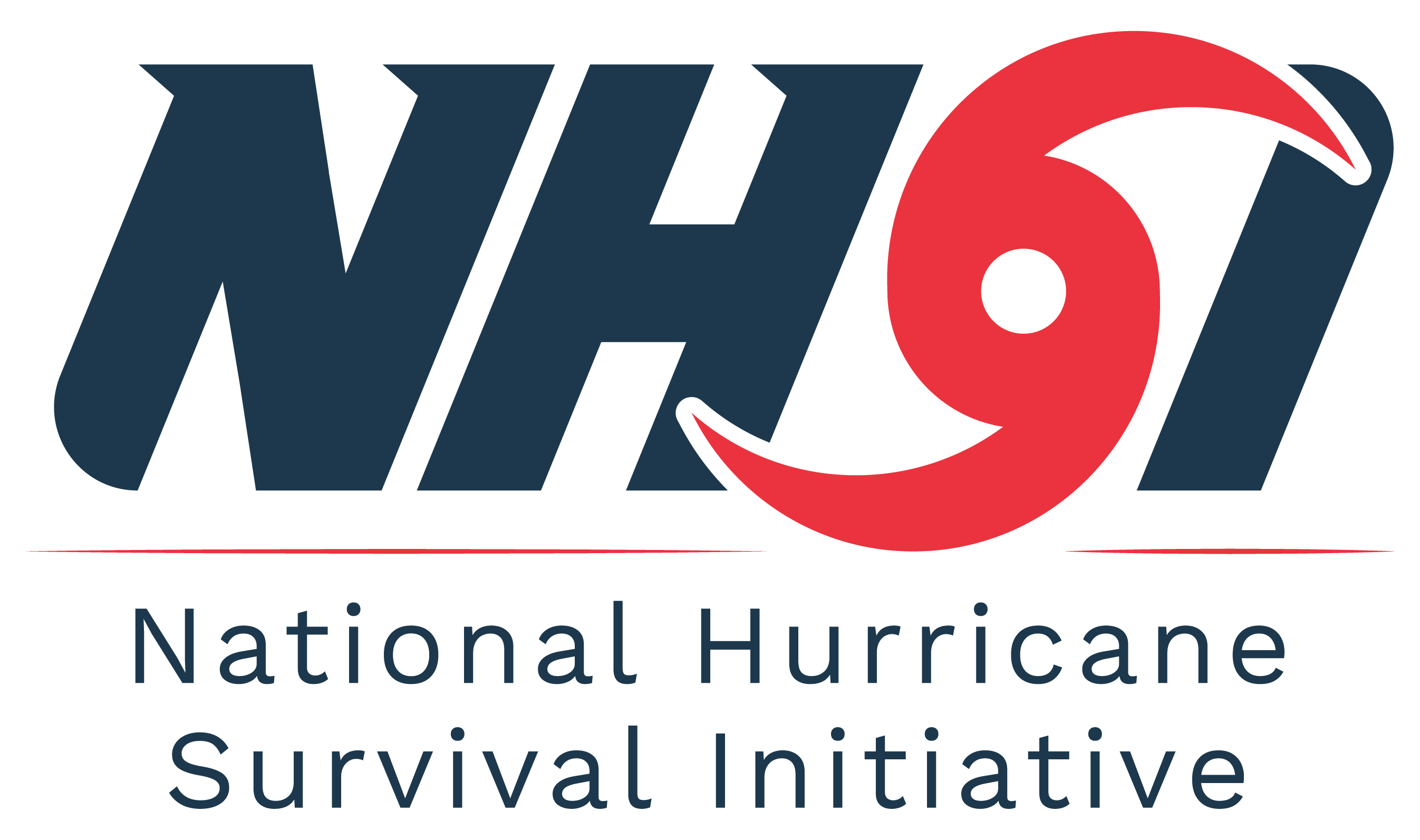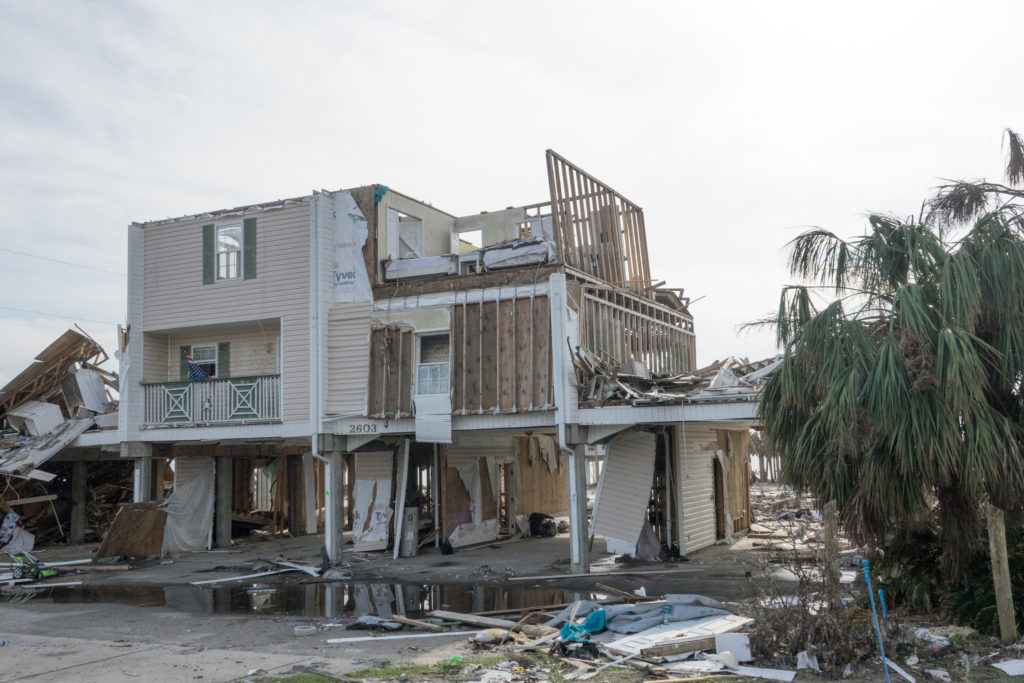Preparedness and Recovery Key to Protection for Floridians.
Tallahassee, FL – 2020 will be remembered for making history in the most active Atlantic hurricane season since 2005, when a record-setting 28 storms formed. But that’s history now, as the 2020 season shattered the mark and now holds the record for the most named storms in a season at 30. This year’s storm season, which started early when Tropical Storm Arthur formed on May 16, officially ends today as the most active since official record keeping began in 1851.
Despite the many challenges posed by the global pandemic, Floridians largely escaped the full fury of hurricane season thanks to the preparations of emergency managers, the attentiveness of residents – and a measure of luck. Four of the storms touched Florida, but only one – Hurricane Eta earlier this month – made direct landfall in the state.
Twelve storms made landfall in the continental United States, a number of them targeting our neighbors to the west in Alabama, Mississippi, and Louisiana. The 2020 hurricane season also brought more devastation from the storms and longer-lasting effects than in recent years. And because additional storms are possible even though the calendar says hurricane season is ending, forecasters at the National Oceanic and Atmospheric Administration’s National Hurricane Center will continuously monitor the tropics for storm development and activity.
“Like most things in 2020, this hurricane season was truly one for the record books,” said Craig Fugate, former Federal Emergency Management Administrator. “Thankfully, we now have an advanced lead time that emergency managers need to evacuate vulnerable areas and stage resources ahead of landfalling storms so we can help people withstand the worst impacts of wind and water.”
Paul Handerhan, a spokesman for Florida’s FAIR Foundation, said preparedness efforts among federal, state, and local emergency managers, and community groups helped protect lives and property. The FAIR Foundation is a nonprofit dedicated to creating safer, stronger, and more resilient communities in the face of natural disasters. Even though 13 of the storms became hurricanes – including six major hurricanes with winds topping 111 mph – the continental U.S. was largely spared the devastation experienced in Central America and elsewhere.
“The 2020 hurricane season caused at least $14 billion in damages in the U.S., and Florida alone has over a million homes that are vulnerable to storm surge but are uninsured for flood risk,” said Handerhan. “It’s critical that Floridians access affordable private flood insurance to properly insure their properties and narrow the insurance protection gap so they can get their lives back without the lingering impacts of financial devastation.”
This historic season saw record water levels in several locations, including along the Gulf Coast – soaked by Hurricane Sally, Pensacola experienced its highest observed water levels since Hurricane Katrina in 2005. But taken together, the collective U.S. damage caused by all the storms this season likely won’t come close to matching those of individual catastrophic storms that caused massive destruction in highly populated areas such as Katrina in 2005, Sandy in 2012, and Michael in 2018.
This is the fifth consecutive year with an above-normal Atlantic hurricane season, in keeping with a pattern that has seen 18 above-average seasons out of the past 26. Preparedness for this increasing number and intensity of storms by Floridians is a key factor also cited by Brittany Perkins Castillo, CEO of AshBritt Environmental, a rapid-response disaster recovery and environmental services company.
“We see the physical and emotional toll these storms have on entire communities long after the actual storm has passed,” Perkins Castillo said. “Our goal is to get families and communities back on their feet as quickly as possible. Every year carries the potential to be another record-breaker, and that’s why it’s so important that as part of annual hurricane planning, Floridians have to make it a priority to check in with their insurance providers ahead of time to review coverage and insurance plans.”

